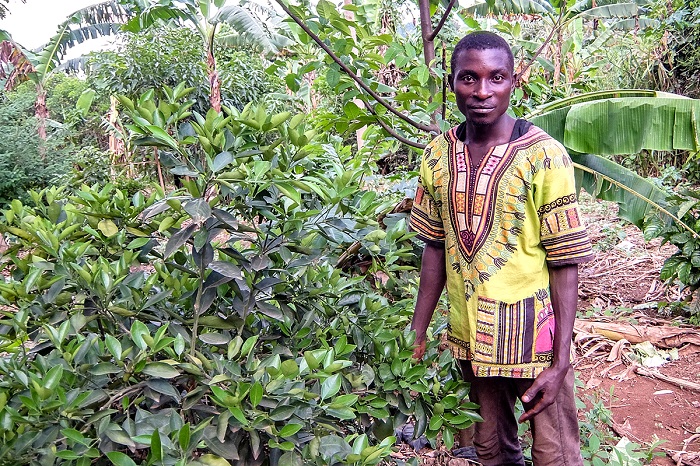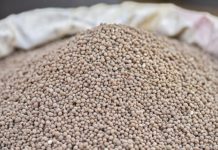The Sum-Africa project, which is providing smallholder farmers in Uganda with satellite-based drought index insurance, has set higher targets for 2019. The project, which is supported by the G4AW program of Netherlands Space Office (NSO) targets smallholder farmers who are increasingly becoming vulnerable to risks associated with changing weather patterns.
Earlier on this week, the Ugandan Agro Insurance Consortium (AIC) and the Dutch company EARS) signed a long-term contract to continue the delivery of this service. The AIC provides the insurance and EARS, lead partner in the Sum-Africa project, provides the satellite-based drought index.
Agricultural index insurance products are linked to an index, such as temperature, rainfall, crop yield or evapotranspiration, rather than actual loss. Daily information from satellites enables independent and continuous monitoring of climatic conditions for crop growth. Insurance companies, for risk assessment, insurance pricing, as well as payout calculation then use this information.
This serves to reduce transaction costs since the insurance companies no longer need to visit the farmer to assess their loss and determine payout. Furthermore, insured farmers are more likely to get a loan, enabling them to invest in improved input that boost their resilience to climate change and increase their food production and income.
The Sum-Africa consortium, which consists of eight African and Dutch partners, now rolls into its fifth year and starts operating on a commercial basis. 75,000 farmers were insured in 2018 and sales numbers are expected to double over the next 2 years.
As such, AIC is still in the process of reaching out to insure new farmers. AIC Technical Manager Munyaradz said that the secret to success in providing micro insurance products is minimizing the costs of the product offering together with the right product design.









